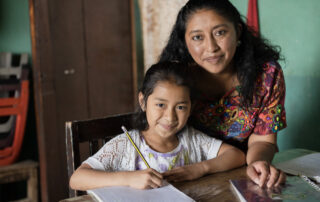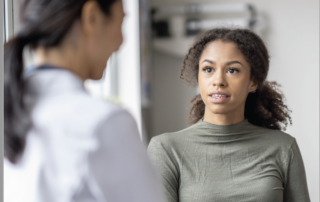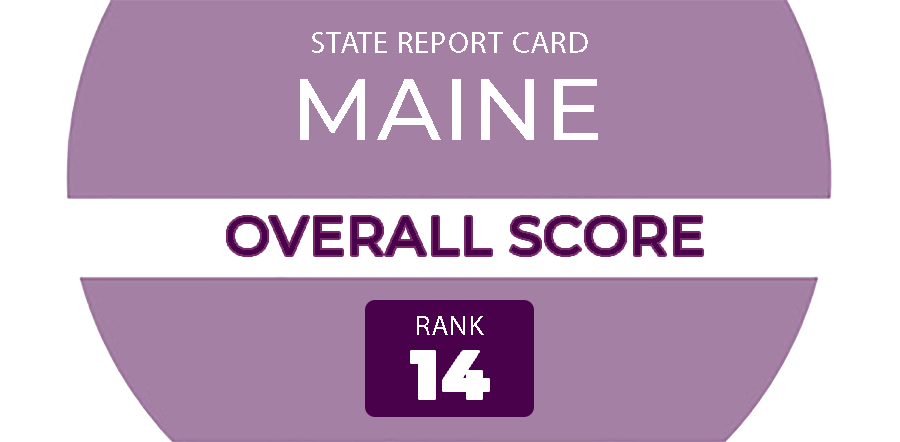
The Status of Women in the States project ranks and grades Maine across several areas of women’s lives. While Maine performs better in some areas, no matter the rank, there are still barriers and inequities that prevent women from succeeding and thriving. Across all indices, Maine ranks toward the top of states in the country. Maines’s performance is the strongest on the Political Participation and Reproductive Rights indices. Maines’s performance is weakest on the Employment and Earnings and the Health and Well-Being indices.
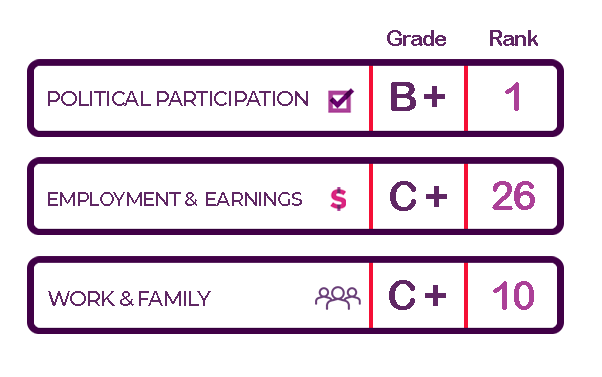
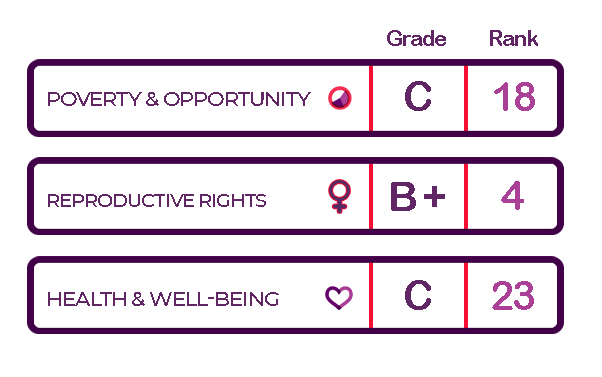
Explore the Data
As state policies and programs have changed over the years, so has the status of women in Maine. Since 1996, Maine has made progress in some areas, while lagging in others.
Articles and Publications
Underwater: Student Mothers and Fathers Struggle to Support Their Families and Pay Off College Loans
IWPR conducted original research on an often-overlooked group of students—parents with children—as they struggle to make ends meet while pursuing academic degrees and certificates. Student parents often face enormous financial barriers to academic success. They report high financial insecurity including issues with food, housing [...]
The Status of Women in Florida Reproductive Rights
This White Paper provides an overview of reproductive rights in Florida. The report outlines the historical and political context of reproductive rights in the state and summarizes key data and outcomes. The report concludes with policy recommendations and areas for future research. It builds [...]
New IWPR Report Highlights Opportunities to Expand Access to Manufacturing Jobs, Lifts Up the Voices of Women on the Shop Floor
Washington, D.C. —A majority of women who responded to a survey of shop floor manufacturing workers report a largely equitable and harassment-free workplace, according to a new report released today by the Institute for Women’s Policy Research (IWPR). Yet the report also highlights the challenges [...]

